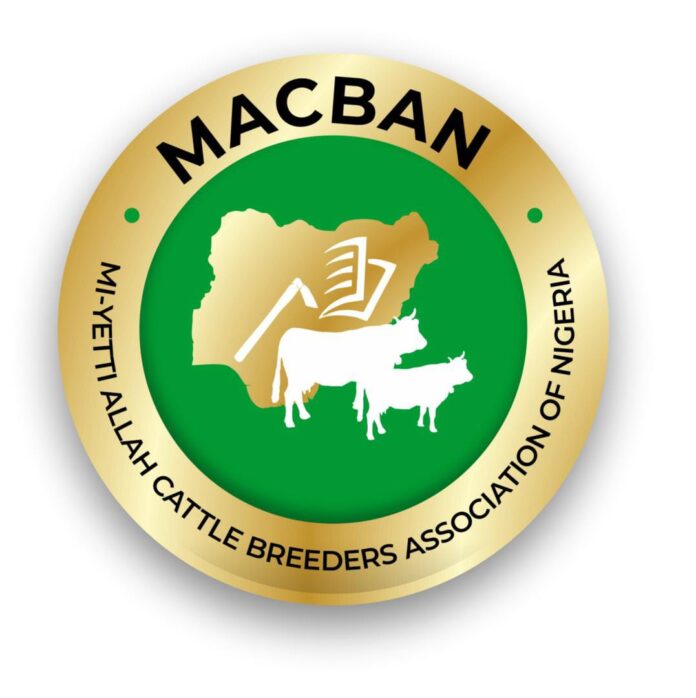The Miyetti Allah Cattle Breeders Association of Nigeria (MACBAN) has revealed that Nigeria earns approximately $1.2 billion annually from the export of hides and skins within its livestock sector.
Speaking at a press conference on Sunday in Abuja, MACBAN President Othman Ngelzarma emphasised the significant economic potential of the Nigerian livestock industry.
Miyetti Allah is a socio-cultural organization in Nigeria representing the interests of Fulani pastoralists.
The name “Miyetti Allah” translates to “Fulani Cattle Breeders” in English.
The organisation primarily advocates for the rights and welfare of Fulani herders, who are involved in cattle rearing and pastoral activities across Nigeria and the Sahel region.
Ngelzarma highlighted that the sector is currently valued at over ₦33 trillion ($72 billion) and is projected to grow to more than ₦75 trillion ($164 billion) with anticipated new investments.
He expressed support for the recently established Ministry of Livestock Development, which President Bola Tinubu approved on July 9, 2024.
The ministry is tasked with addressing the long-standing farmers-herders crisis and providing sector-focused solutions.
“The creation of this crucial ministry is a landmark development for an industry that contributes 10 percent to Nigeria’s non-oil GDP and 30 percent to agricultural GDP.
“We commend President Tinubu for his decision, which recognizes the sector’s vital role in employing over 20 million Nigerians,” Ngelzarma stated.
The farmers-herders crisis in Nigeria is a long-standing conflict primarily between pastoralist herders, mostly from the Fulani ethnic group, and sedentary farmers.
This clash often arises over competition for land and water resources, exacerbated by the effects of climate change, land degradation, and population growth.
The conflict has resulted in violent clashes, loss of lives, destruction of property, and displacement of communities.
Ngelzarma pointed out the significant value of Nigerian livestock products, citing the Sokoto red skin goat leather as the most valuable and expensive in the world.
He noted that luxury brands like Gucci and Armani use Nigerian leather in their products.
The MACBAN President projected that with enhanced investments and reforms, Nigeria could see a tenfold increase in foreign exchange earnings from the livestock sector.
He also emphasized that a modernized livestock production system could save the country billions of dollars in foreign exchange currently spent on importing powdered milk and other livestock products.
In addition to saving on imports, Nigeria is poised to earn substantial revenue from the export of leather, beef, and other value-added livestock products.
The sector supports a diverse workforce, including butchers, transporters, tax collectors, and producers across various types of livestock, such as cows, pigs, goats, sheep, fish, donkeys, and camels.
Ngelzarma also addressed concerns and misconceptions about the new ministry, which some critics have erroneously portrayed as an attempt to forcibly resettle pastoralists or as a sectarian initiative.
He clarified that MACBAN, as an advocacy group, is dedicated to promoting the welfare of pastoralists across Nigeria, irrespective of ethnicity or religion.
“We are disappointed by recent comments suggesting that the livestock ministry is a Fulani agenda or an attempt to take land by force.
“Such insinuations are unfounded and undermine the sector’s contributions to our national economy and social fabric,” Ngelzarma added.

